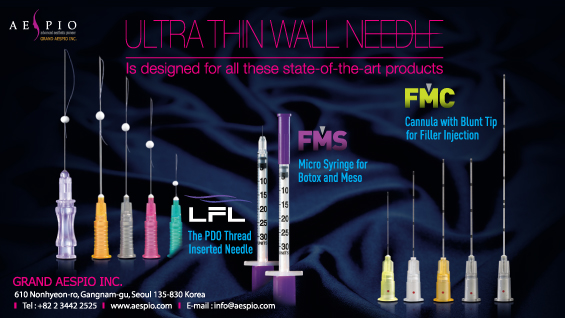▶ Previous Artlcle : #1-2. Nutrition and Skin
Vitamin C
It is a well-known fact that vitamin C plays a key role in the health of the skin. However, controversy exists over the benefit of high-dose exposure to vitamin C in people with no baseline vitamin C deficiency. Few studies have looked into this matter. One study published on The American Journal of Clinical Nutrition in 2007 examined the effect of high-dose vitamin C intake on the skin.

Figure 3. Study on intake of high-dose vitamin C.
This study concluded that high-dose intake of vitamin C was beneficial in preventing skin aging by comparing the degrees of skin aging, drying and atrophy associated with intake of various nutrients (Intake of vitamin C was found to improve wrinkles, skin atrophy and dryness).
It is well-known that vitamin C is water-soluble and is excreted when exceeding a certain dose. However, the argument for high-dose vitamin C therapy is plausible as there is no evidence for the optimal concentration in the skin, which may be different from the optimal plasma concentration. Also, transdermal delivery of vitamin C through topical means is very difficult.
[Advertisement] ULTRA THIN WALL NEEDLE – Manufacturer: AESPIO(www.aespio.com)
Fatty acids
Due to the westernization of the modern Korean diet, intake of bad fatty acids such as omega 6 has increased, whereas intake of the good fatty acids such as omega 3 fatty acids (polyunsaturated fatty acids; PUFAs) has gone down. This has been reported to contribute to the development of various inflammatory skin conditions including acne, psoriasis, and rosacea. Studies have reported that omega 3 fatty acids reduce insulin-like growth factor (IGF-1) to improve acne and inhibits arachidonic acid to reduce inflammatory response in atopic dermatitis and psoriasis. As omega 3 fatty acids are rich in fish and are easily available in purified supplement forms, patients can be guided to dietary supplementation.
Biotin, vitamin B complex
Biotin deficiency is known to cause various skin conditions including alopecia, peri-oral inflammation, and seborrheic dermatitis, etc. Biotin is an important enzyme in fatty acid metabolism. Considering it acts as a protective barrier to the skin cells where fatty acids rapidly deteriorate, biotin is clearly involved in the health of the skin.
Biotin deficiency is rare, however, intake of raw egg whites can limit absorption of biotin due to the action of avidin. Patients need to be advised about this risk. Oral ingestion is preferred as the water-soluble topical agent has low absorption.
-To be continued-





















